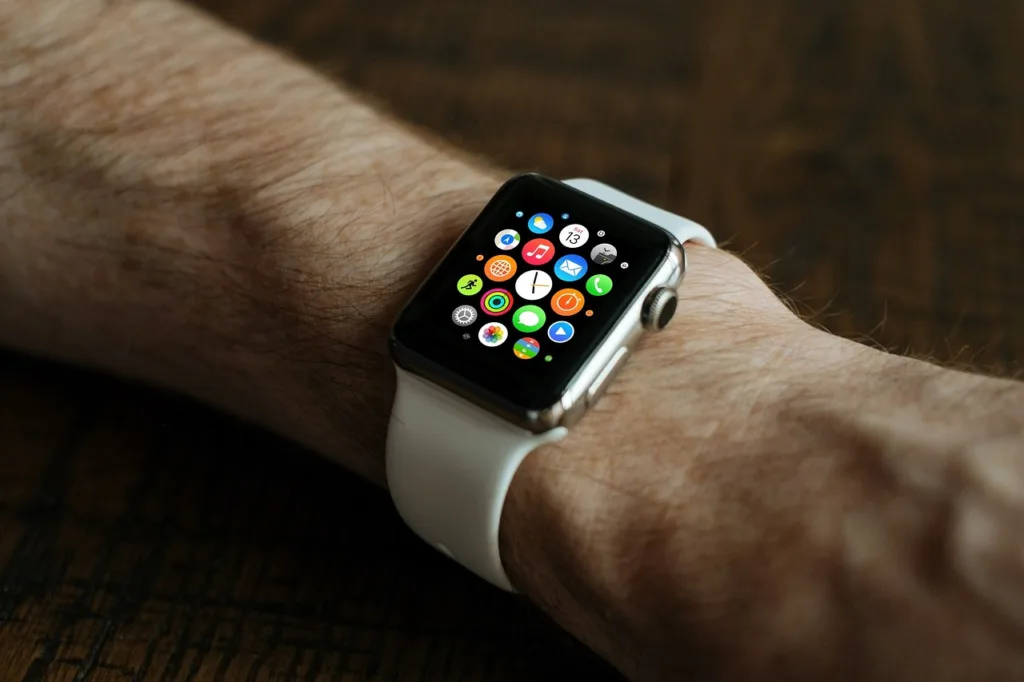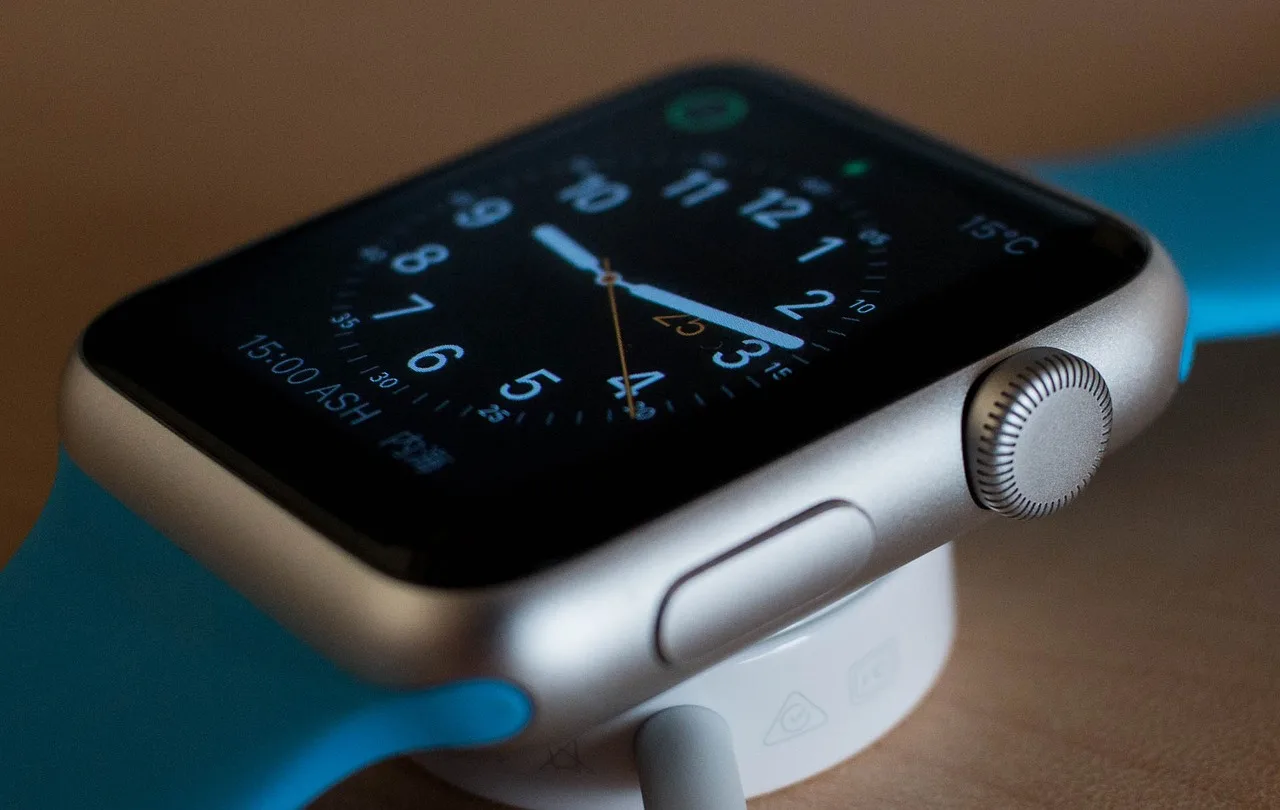In recent developments, the U.S. has enforced a ban on specific Apple Watch models, stemming from an intellectual property dispute between Apple and medical monitoring technology company Masimo. The ban, initiated by the U.S. International Trade Commission, restricts imports of Apple Watches equipped with a pulse oximeter feature, setting off a chain of consequences affecting not only sales but also repair services.
The Intellectual Property Dispute:
The crux of the matter lies in Masimo’s claim that Apple’s pulse oximeter technology infringes upon its proprietary technology designed for monitoring blood oxygen levels. The U.S. International Trade Commission ruled in favor of Masimo in October, leading to the ban that came into effect recently. Apple’s decision to halt direct sales of affected models adds a layer of complexity to the situation.
The Impact on Sales and Ownership:
Apple’s recent move to cease direct sales of the impacted Ultra 2 and Series 9 watches reflects the severity of the situation. Users seeking to purchase these models for the holidays now face disappointments. However, alternative retail channels still offer a glimmer of hope for those determined to get their hands on these latest models.

Unforeseen Challenges in Repair Services:
The repercussions of the ban extend beyond sales, permeating into the realm of repair services for Apple Watches. This unexpected twist in the legal saga prevents Apple from servicing or repairing watches affected by the ban, even for issues unrelated to the contested pulse oximeter feature. The ban includes devices dating back to the Series 6, posing significant challenges for users requiring hardware fixes.
Scenarios Unfolded:
The ban’s implications become palpable when considering various scenarios. Users now find themselves unable to exchange watches during the standard 14-day return period, adding an extra layer of complexity to the ownership experience. Those with hardware issues, from cracked screens to faulty buttons, must now seek alternative solutions beyond the doors of Apple’s renowned customer service.
Inconvenience for Apple Watch Owners:
Despite the affected models remaining available in stores, the inability to access Apple’s repair services for hardware-related issues presents a considerable inconvenience for Apple Watch owners. The potential need to resort to third-party solutions introduces uncertainties in terms of cost, quality, and genuine parts.
The Future of Apple Watch Support:
The ongoing legal battle raises pertinent questions about the future of Apple Watch support and sustainability. Users who invest substantial amounts in wearable technology expect ongoing support for several years. Apple must reassure customers about the resilience of their support systems in the face of unexpected bans and disruptions, fostering confidence in the product’s longevity.
Apple Watch SE Remains Unaffected
Apple has officially announced its intent to challenge the decision made by the trade commission, expressing its disagreement with the ruling. Despite rejecting a request to temporarily lift the ban throughout the appeals process, Apple is actively pursuing legal action against Masimo, underscoring its commitment to contesting the ban. Notably, amidst these legal proceedings, the Apple Watch SE will maintain its availability directly through Apple, assuring consumers of uninterrupted access to this particular model.
Conclusion:
As the ban unfolds, Apple Watch owners find themselves caught in the crossfire of a legal dispute between corporate giants. The challenges presented, from limited sales availability to restricted repair services, highlight the vulnerability of consumer experiences when unforeseen circumstances disrupt the usual course of product support. Looking ahead, Apple faces the task of not only resolving the immediate issues but also instilling confidence in users regarding the enduring support and sustainability of their cherished wearable devices.
